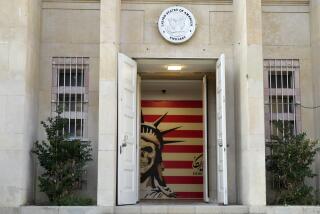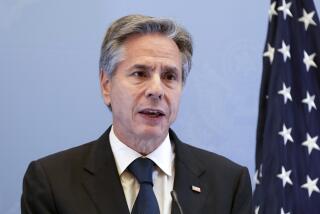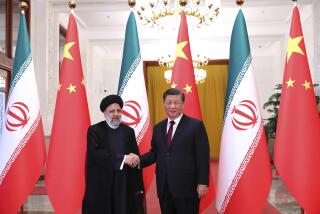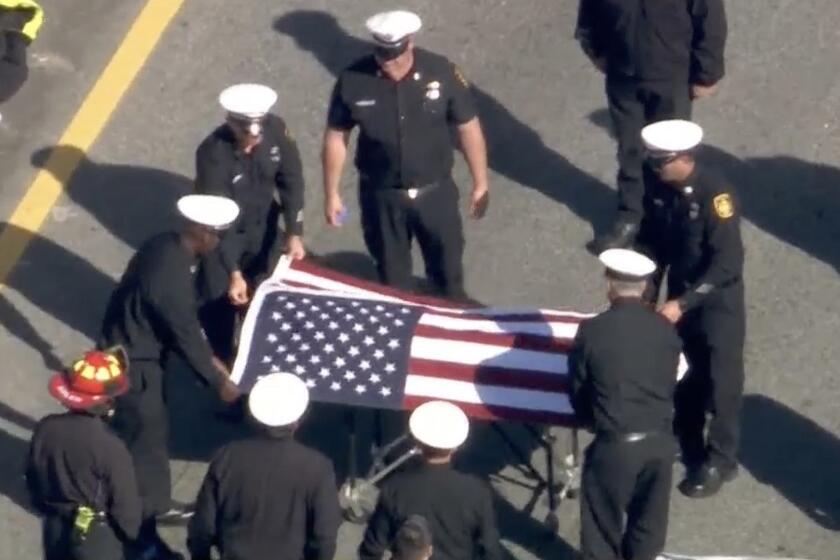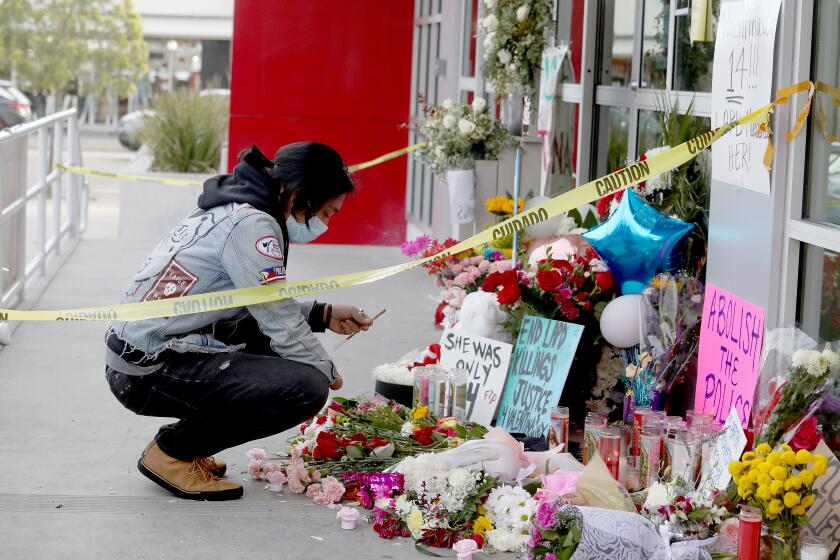Speaking With the Enemy
THE COUNCIL on Foreign Relations has hosted literally tens of thousands of meetings in its 85-year history, but few have generated as much interest or controversy as the session held Wednesday night in New York with Iranian President Mahmoud Ahmadinejad.
Critics said the meeting was immoral because it bestowed a degree of legitimacy on a man who does not deserve any, given his refusal to accept the reality of the Holocaust and his rejection of Israel. Others predicted that any time spent with Ahmadinejad would be a waste; that the statements of those there would have no effect on him and that we would learn nothing in return.
Nevertheless, we decided to go ahead with the meeting. This reflects the mission and nonpartisan tradition of the council. Exchange does not constitute endorsement. We have a long history of meeting with controversial leaders, including Fidel Castro, with whom many of our more than 4,000 members — and many Americans — disagree.
The reason is simple: Face-to-face meetings are often valuable. In my experience as a government official, I learned that leaders too often become isolated. Meeting with them ensures that they and those around them get to hear what you have to say, unfiltered. Equally important, meeting with someone provides you with a better understanding of their substance and style. Rarely do you leave an encounter exactly as you came in.
I believe the decision to host the meeting this week was justified by what, in fact, happened. For nearly two hours, about two dozen members of the council challenged Ahmadinejad on his denial of the Holocaust, his refusal to recognize Israel, human rights abuses inside Iran, Iran’s nuclear ambitions and its activities in Iraq.
Ahmadinejad, for his part, gave as good as he got, challenging Americans on everything from our own nuclear program to U.S. policy in Iraq to American democracy.
Did we learn anything? I heard three things of considerable interest. Ahmadinejad said that Iran was open to cooperating to stabilize Iraq; that Iran believed it had a right to enrich uranium but that, for religious reasons, it was prohibited from having nuclear weapons; and that Iran is open to relations with the United States if Washington is prepared to take the initiative.
The last statement in particular is worth considering. It is one thing for a private, independent group of individuals not associated with the U.S. government to meet with Iran’s president; it is something else for U.S. officials to meet with various representatives of Iran’s government.
In my view, they should. There is little evidence that the alternative policies have worked or show any promise of working. The Iranian regime is entrenched despite years of American hopes for change. Using military force might not succeed in destroying Iran’s nuclear installations, but it would lead Iran to reconstruct them in a more difficult-to-attack fashion, trigger terrorism and likely lead to far higher prices for oil and a global economic crisis.
Direct dialogue is also worth exploring because of Ahmadinejad himself. Effective leaders have both the will and the ability to make deals. Ahmadinejad, more than any of his predecessors, has the ability. The question here is one of political desire. The best way to gauge this is through dialogue.
For one thing, it may work. The two countries may be able to agree on a formula that places a mutually acceptable ceiling on Iran’s nuclear activities and on ways to stabilize both Afghanistan and Iraq.
But dialogue also makes sense even if it fails. It is important to be able to demonstrate to American citizens and the world alike that the United States made a good-faith effort to resolve differences diplomatically before turning to sanctions or other policies.
It is time to see dialogue and diplomacy as what they are: not as a favor to bestow but as a favor to ourselves. Diplomacy is not a moral judgment but a tool with the potential to advance U.S. interests. We should have the confidence to employ it; if we do, we are more likely to isolate others than ourselves, which too often is now the case.
More to Read
Start your day right
Sign up for Essential California for news, features and recommendations from the L.A. Times and beyond in your inbox six days a week.
You may occasionally receive promotional content from the Los Angeles Times.
